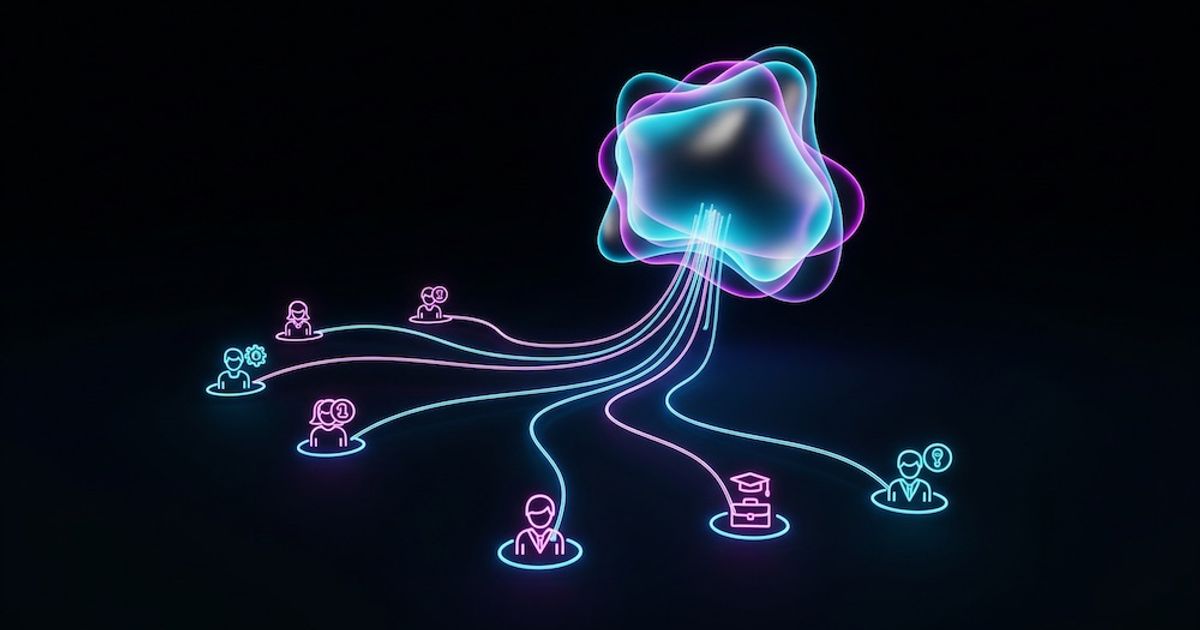Brand personality and your customers

Think of two nationwide chains, Walmart and Target. I bet you have an image in mind the second you hear these names. Connected to the names is a reception of these brands. Let's take their commercials. 9 out of 10 times you recognize a Target commercial before you see the logo, name, or even the dog. You might call it the Target vibe that carries over whatever the brand says or communicates.
Have a beer
Easy question, with whom would you like to drink a beer? Harley Davidson or Apple? Is Apple even drinking beer, or would you have to go to a vegan smoothie bar? Will the one beer with Harley turn into a whole weekend bender?
If you are a customer or not, you have an image in mind once you hear the brand names or see their logos. Why? Because they have their brand personality nailed down. And the brand personality determines all the actions, the brand voice, and communications in general.
What is brand personality?
Per definition, brand personality attributes human traits and characteristics to a brand. Simply put, it is how your brand would be described if it were a human. When we talk about a brand's voice, what often shines through is the brand personality. That is if a brand has a personality. Just being arbitrary emotional in a message is not personality. Consistency is vital to building an impactful brand personality that is recognizable, and customers can tie values and an image to.
A much more in-depth dive into the theories of brand personality can be found in the Journal of Marketing Research, Dimensions of Brand Personality by Jennifer L. Aaker.
The five dimensions of brand personality are derived from the Big Five-Factor model of individual psychology, more on that later on.
Why does Brand Personality matter?
Your brand's personality creates an emotional response in a specific customer or customer segment, a connection that customers can rely on. They know what your brand stands for and what values and traits they can expect.
Internally, your team, your marketing agency, and anyone involved in creating ad copy, a website, or social media messages can rely on the brand personality to guide them on their work.
How to Create a Brand Personality?
When starting, you want to create a brand personality as soon as possible. It will help you guide your marketing and keep messaging consistent across teams and channels. Even later down the road creating a brand personality helps you reach your customers on a whole new level.
- Starting with a core value is not a bad thing. The core value should align with your customer's values to find an initial match. Besides, your values should be plausible and credible. It gets murky if a core value differs from your public reception (Don't be evil, anyone?).
- Align your brand personality towards your audience. Brand personalities work when they reflect on the respective audience. Target's brand personality will never align with very conservative customers looking for a bargain. Milwaukee steel will never appeal to eco-conscious, urban short commute riders. So integral part of building a brand personality are your buyer personas. Look behind basic demographics and understand their integral needs, triggers, and interests. Aks questions regarding your buyer personas, which values do they have, what do they like and dislike. The better your personas and your understanding of their needs are, the better aligned your buyer persona will be.
- People change, their values are impacted throughout their lives. Perhaps the perception of your brand personality change. Keep this in mind. Like humans, your brand should be flexible inside the boundaries of its personality. Iterate your personas, conduct market research, and stay on top of your game.
Connect on a Personal(ity) Level
Depending on the individual spectrum, different personalities work well together. Do you know that feeling of meeting someone and hitting it off right from the beginning? Probably your personality traits are aligned. For brand personality and customer personality, the same is true.
Brands face the challenge of understanding that alignment with their customers. Mnemonic AI's OCEAN / Big Five Factor Analyses was just the first step. Beginning with the upcoming South by South West in March, we will open our newest research to the public.
Measure your brand's personality and customers based on the scientifically robust Big Five Factor Analyses driven by AI. No need for conducting lengthy interviews or surveys. Our deep neural networks analyze your brand's personality traits and spectrums and that of your customers and prospects. Learn where you can be more determined in your messaging, which traits align, and which traits you should realign with your customer base.
